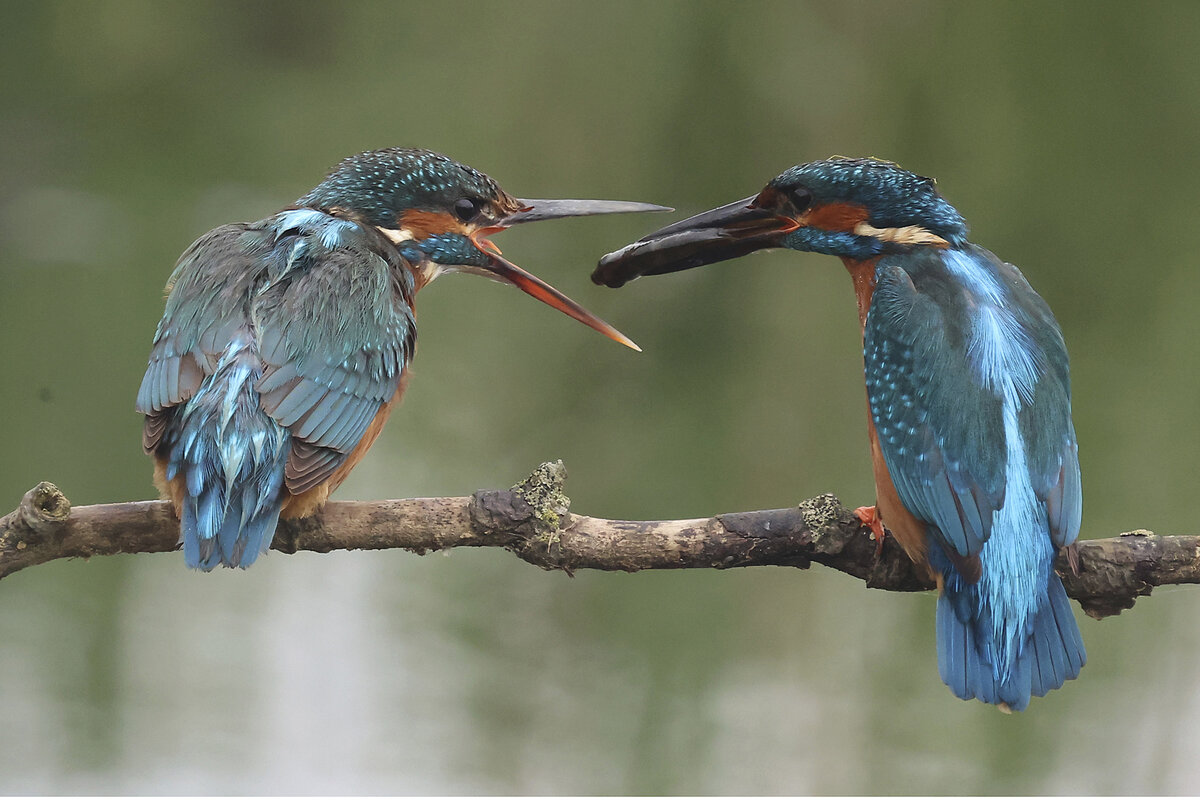Safer skies and seas: Fresh support for disabled travelers and climate-changed oceans
Loading...
A new law makes airline travel easier for wheelchair users
Disabled passengers, particularly those who use wheelchairs, say that a lack of sufficient accommodations means that flying comes with a risk of injury, loss of expensive mobility equipment, and humiliation. A reauthorization law will expand passenger protections and provide grants for airports to upgrade infrastructure.
The measure requires large and medium-sized airports to install universal changing stations, which allow caregivers to assist those who cannot use the restroom alone. Passengers will also be able to request seating accommodations, such as extra legroom, on aircraft. The feasibility of allowing wheelchairs in flight will be studied by the Department of Transportation.
Why We Wrote This
Courts and lawmakers can focus public attention. In the United States, airlines adopt staff trainings to better support wheelchair users. And an international tribunal for the first time links ocean health to greenhouse gas emissions.
Training is required for airline workers on how to assist and communicate with disabled passengers. The law “represents the most significant effort by Congress in over a decade to make flying safer, easier and more accessible for passengers with disabilities,” said U.S. Sen. Tammy Duckworth of Illinois, who uses a wheelchair and is chair of the Senate’s aviation subcommittee.
Sources: Disability Scoop, The New York Times
A meta-analysis found that conservation can stop biodiversity loss
Including 186 studies from around the globe, a University of Oxford paper is the first to comprehensively examine whether conservation efforts are successful in general.
Researchers said that actions such as the controlling of invasive species as well as habitat restoration and management improved or slowed rates of biodiversity loss in 66% of cases. The study pointed to examples such as improved nesting success for loggerhead turtles in Florida following predator management.
Effective management of protected areas was specifically recommended, and researchers say that conservation efforts must be scaled up. “It would be too easy to lose any sense of optimism in the face of ongoing biodiversity declines,” said Joseph Bull, one of the study’s co-authors. “However, our results clearly show that there is room for hope.”
Sources: University of Oxford, Journal of Experimental Marine Biology and Ecology
Bangkok and local nonprofits care for city’s strays
About 70,000 cats and 130,000 dogs roam the city’s streets, according to the Bangkok Metropolitan Administration. And public complaints about strays rival those about traffic, flooding, and pollution. Though the city previously operated an animal shelter, poor conditions led to its closure and ruptured trust with animal rights groups.
But city officials have worked to rebuild. Since 2016, they’ve partnered with Soi Dog Foundation to capture, neuter, vaccinate, and release strays. So far, 500,000 dogs have been sterilized, and the density of dog populations has fallen by 54%. The group also runs public education workshops. At Project Lumpi, 45 volunteers trap and feed stray cats, and donor funding allows the group to affordably neuter the animals.
The city hopes to move to a community-driven model in which residents care for stray animals. A new center to care for 1,000 cats and dogs will open later this year.
Source: Nikkei Asia
Court rules countries should protect oceans from greenhouse gases
Nine island nations, from the Pacific to the Caribbean, asked a tribunal to clarify countries’ obligations to reduce greenhouse gas emissions under the 1994 United Nations Convention on the Law of the Sea. While 169 signatories to the convention – which the United States is not party to but which includes China, Russia, the European Union, and India – are bound by law to redress pollution such as oil leaks, the recent advisory says that greenhouse gases are also marine pollution.
Parties to the convention have a responsibility to help developing countries adapt to climate change, as well as monitor and report their emissions, the tribunal held. The decision marks the first time an international court has opined on the link between climate change and ocean health.
While advisory opinions are not binding, the decision is likely to influence future international law and put pressure on large polluters to reduce emissions.
Sources: Al Jazeera, Grist










